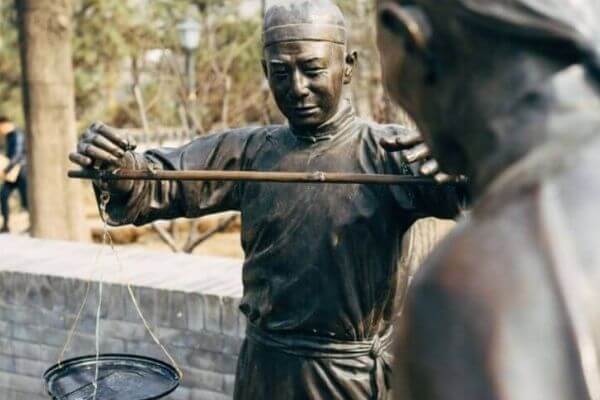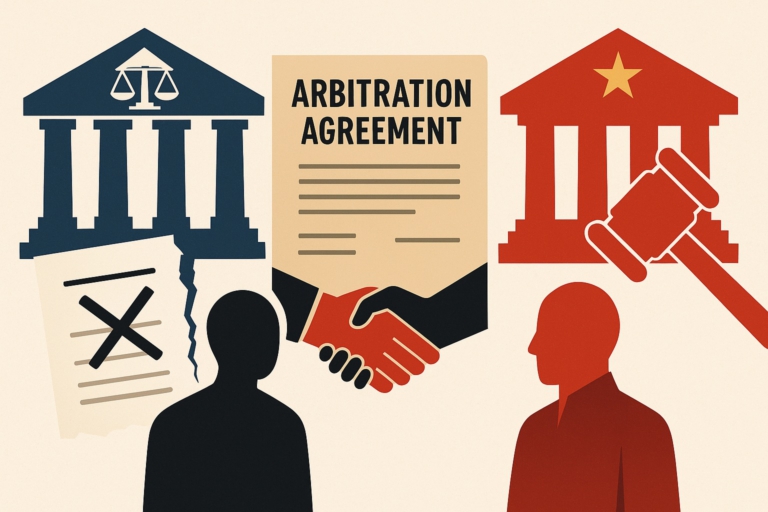
Nowadays litigation often involves highly professional issues, which usually go beyond the knowledge of judges, lawyers, and the parties themselves. In order to solve these problems, the judge can refer to expert opinions, while the parties can engage expert assistants(专家辅助人) — or "China’s expert witness" as dubbed by some people — to help them express opinions on professional issues. Although the relevant rules of expert assistant need to be improved, the parties can give it a try to strengthen the persuasion of their opinions.
I. What is the expert assistant?
In terms of professional issues in cases, Chinese judges and the parties have long relied heavily on the impartial third-party, i.e., the expert, in the authentication (for the authentication, see our earlier post. This has caused some problems: the parties and lawyers, if without the assistance of experts, often find it hard to understand the expert opinions or other professional issues, and therefore have difficulty in effectively expressing targeted opinions. This has resulted in inadequate adversary in the court trial, which is not conducive to the fact-finding.
To solve the above problems, the Provisions of the Supreme People’s Court on Evidence in Civil Litigation (最高人民法院关于民事诉讼证据的若干规定), formulated in 2001, stipulates for the first time that the parties could apply to the court for one or two “persons with expertise” (具有专门知识的人员) to appear in court, to explain the professional issues of the case, ask the expert questions, and to answer questions of the judges and the parties. This provision was incorporated into the Civil Procedure Law (CPL), as revised in 2012.
However, “person with expertise” obviously sounds a bit awkward in litigation, so in practice, some might call it “expert witness”, as it is similar to the expert witness under the common law system, whereas some others call it “expert assistant”, as they think the person with expertise is actually an assistant for the court trial. Given that the opinions of “persons with expertise” are regarded, under Chinese law, as the statement of the parties rather than the witness testimony, this post will refer to them as “expert assistants”.
Due to the ambiguous legal provisions on the expert assistant, different courts have different understandings in practice. Some courts regard the expert assistant as a witness and do not allow him/her to participate in the trial; some courts allow the expert assistant to take the seat of the party who has engaged him/her.
II. Who can be the expert assistant?
Chinese law does not specify the professional qualification of expert assistants. In theory, as long as the parties believe that someone can explain the professional issues involved clearly, they can apply to the court for the appearance in court of that person as an expert assistant. [1]This is obviously different from the fact that the expert in the authentication must be selected from the court’s expert list. However, in practice, different courts have different approaches. Some courts have a “pool of expert assistants” similar to the list of experts; others review the professional qualification of the candidates proposed by the parties. In addition, some courts even require expert assistants to be an impartial third-party. [2]
To select suitable expert assistants, the parties should better pay attention not only to their professional ability, but also to their expression ability. Also, the parties should help these expert assistants get prepared in advance, which is similar to preparing the witness to appear in court to some extent.
III. What issues can the expert assistant express opinions on?
The Provisions of the Supreme People’s Court on Evidence in Civil Litigation, as revised in 2019, emphasize that expert assistants can only express their opinions on expert opinions and professional issues. In practice, typical situations include:
1. Only commenting on the expert opinions. For example, in the case of securities-related misrepresentation liability of Founder Technology Group Co., Ltd. in 2019, the judicial expertise institution conducted professional calculation on the investors’ losses and the relevance degree with the misrepresentation. Founder Technology Group engaged the expert assistant to express opinions on the calculation.
2. Commenting on professional issues in the absence of expert opinions. In the case Qiong Yao (琼瑶, a famous writer) v. Yu Zheng (于正, a famous director) for copyright infringement, the plaintiff invited Wang Hailin (汪海林, a famous screenwriter) as an expert assistant to express opinions on whether the script in dispute committed plagiarism; the opinions were written into the main text of the judgment by the court, contributing to the plaintiff winning the case.
3. Issuing rebuttal opinions against those of the other party. In the series of cases of Qihoo 360 v. Tencent for abusing the dominant market position, both the plaintiff and the defendant engaged expert assistants. In the trial, the expert assistants not only expressed their own opinions, but also refuted the counterpart’s opinions. In addition, the court also organized cross-examination on expert assistants from both sides. In those cases, the expert assistants exerted a big influence on the judges in the calculation of market share under the Internet environment.
IV. How to apply for the expert assistant to appear in court?
The party concerned shall, before the expiration of the time limit for presenting evidence, submit an application to the court, stating the identity of the expert assistant, his/her professional background, and the necessity of appearing in court, etc. Some courts (e.g., Zhejiang High People’s Court) allow the parties to apply for the expert and the expert assistant to appear in court together after the expert opinion is made. In practice, there are also cases in which expert assistants are only introduced to appear in court in the second instance. [3]
The expenses for engaging the expert assistant shall be borne by the parties themselves.
V. The effectiveness of the expert assistant opinions in practice
As mentioned above, due to the vague legal provisions, there is chaos, to a certain degree, regarding the actual operation of the expert assistant system. In addition, expert assistants tend to favor the party engaging them, and sometimes their opinions may thus deviate from scientific facts. These problems make some people look down upon the role of expert assistant and therefore affect the effectiveness of their opinions. [4]
However, with more and more professional issues involved in China’s civil litigation, we would still advise our clients to engage expert assistants, to team up with attorneys so as to maximize the advantages of professionals.
VI. Conclusion
Generally speaking, the position of expert assistant in Chinese laws is not clear enough, and the incomplete related rules are far from satisfactory. However, with expert assistants appearing in more and more cases, we believed that this system will be improved. In cases involved with professional issues, we highly advise our clients to engage expert assistants to better tackle problems and persuade judges.
[1] 沈德咏主编:《最高人民法院民事诉讼法司法解释理解与适用》,人民法院出版社,2015年,第397页;曹丽萍:《专家辅助人意见难以被采纳的原因》,载《中国知识产权杂志》,第114期
[2] 杨小利:《庭审中心主义架构下专家辅助人制度实证研究》,载《中国司法鉴定》,2018年第3期
[3] 杨小利:《庭审中心主义架构下专家辅助人制度实证研究》,载《中国司法鉴定》,2018年第3期
[4] 邓慧琼:《英美法系和我国民事诉讼“专家证人”制度比较分析》,载“正见永申”公众号,2019年12月05日刊登
Photo by Markus Winkler (https://unsplash.com/@markuswinkler) on Unsplash
Contributors: Chenyang Zhang 张辰扬 , Zhuo Yiwei 卓懿伟








